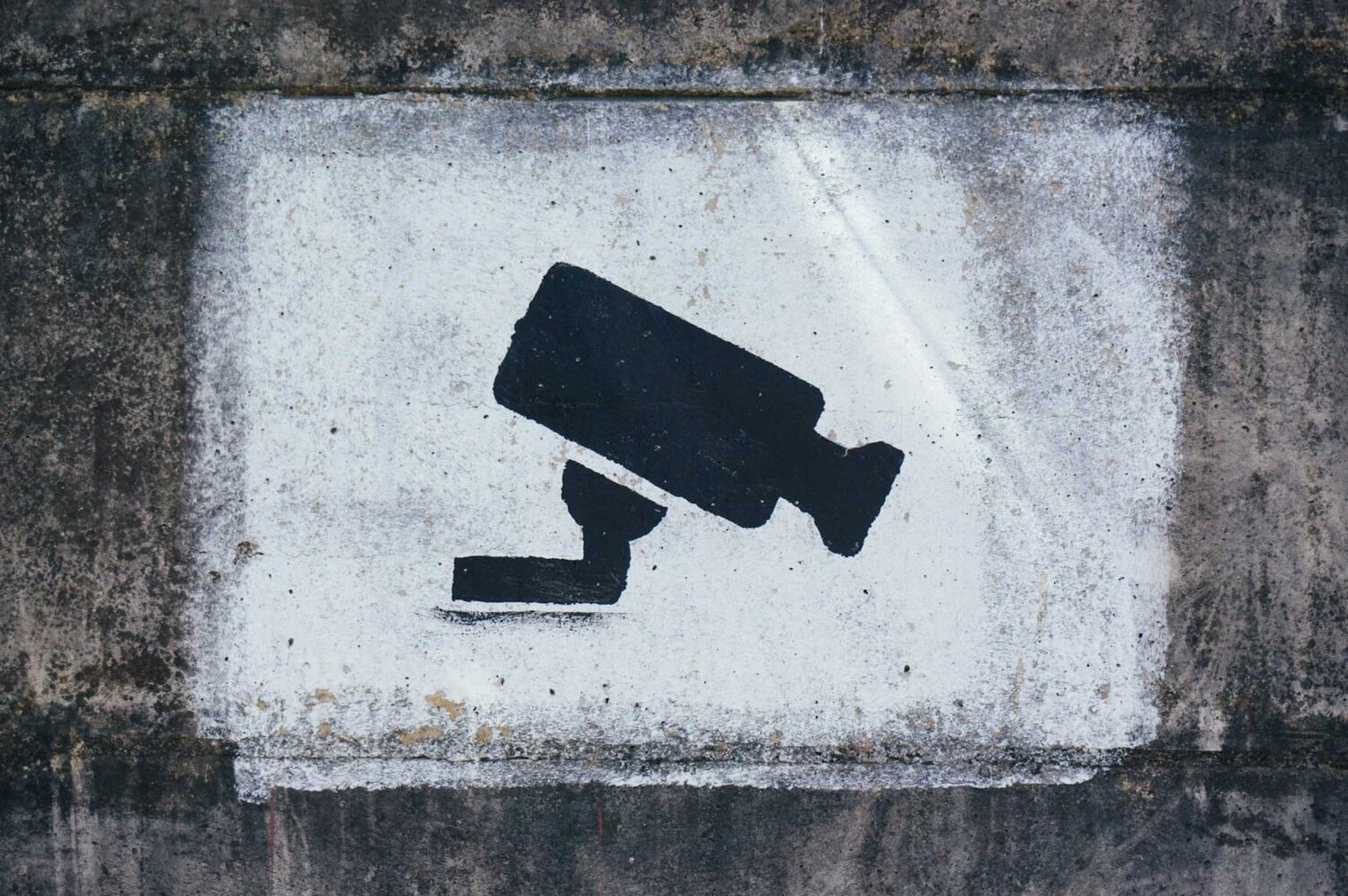How to Reduce the Ecological Footprint of Your Website?
In the digital age, where online presence is essential for businesses and individuals alike, it’s crucial to consider the ecological impact of our activities on the web.
Websites, though invisible in the physical world, leave behind an ecological footprint that can be significant. From server energy consumption to greenhouse gas emissions resulting from online traffic, every click has an impact.
Fortunately, there are concrete ways to reduce the ecological footprint of your website.
Choose a Green Hosting Provider
The first step in reducing the ecological footprint of your website is to choose a green hosting provider. Green hosts use renewable energy sources to power their servers, thereby reducing the environmental impact of web hosting. Some hosts go even further by offsetting their carbon emissions. By making this choice, you contribute to encouraging more sustainable practices in the web hosting industry.
Optimize Code and Media
An optimized website is not only faster for users but also more ecological. Clean and efficient code reduces the server load, meaning less energy is required to respond to visitor requests. Additionally, compress your images and videos to reduce bandwidth and minimize resource usage.

Embrace Responsive Design
Adopt responsive design to ensure an optimal user experience across all devices, eliminating the need to create separate versions for smartphones, tablets, and desktops. This approach can reduce site complexity, thereby improving performance and sustainability.
Limit Plugins and Scripts
Every additional plugin and script on your website can increase server workload. Remove unnecessary ones and ensure that those you use are optimized for performance.
Conclusion
Reducing the ecological footprint of your website requires a commitment to more sustainable practices. By adopting green hosting, optimizing code, using CDNs, favoring responsive design, and limiting the use of unnecessary plugins, you contribute to making the web more environmentally friendly. Every small action counts, and together, we can make the web a more sustainable place for future generations.



